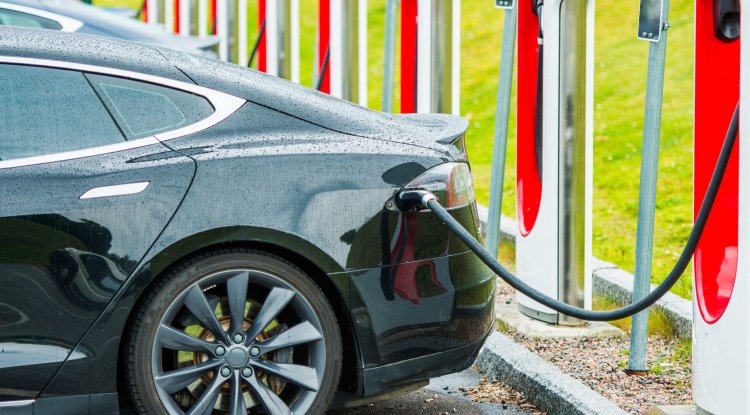Electric cars are cutting state tax revenues
A worrying fact is that in the United States, 90 percent of electric car owners still have a fossil fuel vehicle that they use for longer trips...

A worrying fact is that in the United States, 90 percent of electric car owners still have a fossil fuel vehicle that they use for longer trips, and only a small proportion of new car buyers can afford expensive electric cars, so the richest get subsidies.
Although electric cars do not produce polluting particles like those with petrol or diesel engines, the British Minister for the Environment, Food and Rural Affairs, George Eustice, recently warned the public about problems that he said were largely ignored.
A report by the British Transport Committee states taxpayers are already facing a considerable payment of 35 billion pounds to compensate for the lack of tax revenue because of benefits for owners of electric cars. Owners of such cars do not pay fuel tax, which is currently estimated at a loss of 28 billion pounds of revenue, and do not pay the vehicle use tax, which is an added seven billion pounds minus for the state.
Also, a problem is a fact that as many as 40% of households in the UK do not have access to a parking space with an electric vehicle charger.
To meet the goals of the proclaimed climate policy, Britain invests more than 10 billion pounds a year in various projects related to electricity production. This is not enough for the extra electricity needed to charge an increasing number of EVs, so it would have to be generated from fossil fuels if new ones are to be avoided or existing costs reduced. This would, of course, lose the expected environmental benefits that the use of electric cars should bring. With subsidies to EV, and they drive gas stations
Across the ocean, a study by the U.S. National Bureau of Economic Research reveals that almost all subsidies for buying electric vehicles go to the 20 percent of the richest, who wouldn’t have a problem buying a car anyway.
Another worrying fact is that 90 percent of electric car owners in the United States also have another fossil fuel vehicle they use for longer trips.
Although the previously mentioned subsidies are given for electric cars, it is estimated that by 2050 such vehicles will still make up only 20 percent of the global vehicle fleet, which means that we will be driving on fossil fuels for a long time.
Moreover, if each nation achieves its goals of owning electric cars, the International Energy Agency estimates that CO2 emissions will be reduced by 235 million tons this decade, which according to the UN climate panel should reduce global temperatures by only about a century. 0.0001 ° C, because passenger cars account for only seven percent of global carbon emissions.





































